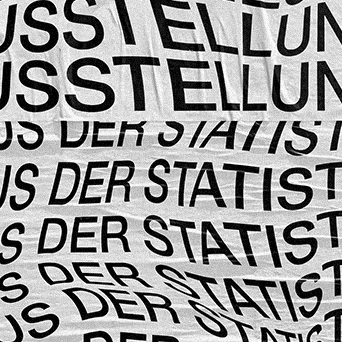Why Sports and Political Prediction Markets Are Game-Changers for Crypto Traders
So I was thinking about how weirdly addictive it is to bet on the future—not just sports scores, but political outcomes and all that jazz. Whoa! The idea that you can trade on events before they happen feels like something straight out of sci-fi, but it’s very real and gaining traction, especially within the crypto world.
At first glance, prediction markets seem pretty straightforward: guess right, earn money. But actually, there’s a complex dance of probabilities, crowd wisdom, and real-time information flowing beneath the surface. The markets are less about luck and more about collective forecasting, which is wild when you think about it.
Seriously, my instinct said these platforms are just gambling dressed up fancy. But then, I started noticing how traders use deep data analysis, sentiment shifts, and even geopolitical rumors to position themselves. It’s not just guessing; it’s like a living, breathing barometer of public belief.
Here’s the thing. For anyone immersed in crypto, these markets are a natural extension. Crypto’s transparency and decentralization fit perfectly with how prediction markets operate. No central bookie calling the shots—just code and consensus.
But I gotta admit, the volatility can be nerve-wracking. Political events, especially, swing unpredictably. One moment, you think a candidate’s got it in the bag; the next, a scandal rocks the whole forecast. It’s like riding a rollercoaster with no seatbelt sometimes…
Check this out—

Now, here’s where the real magic happens: platforms like the polymarket official site let traders dive into markets ranging from Super Bowl outcomes to US midterm elections. The liquidity and variety are impressive, offering more than just sports and politics—there’s a whole spectrum of events.
Initially, I thought prediction markets were niche—only for hardcore bettors or statisticians—but actually, the user base is surprisingly diverse. You’ve got casual fans trying to make a buck, political junkies hedging their bets, and crypto veterans leveraging blockchain’s trustless nature.
On one hand, there’s a thrill in predicting sports results, and on the other, the political markets offer a pulse on society’s mood. Though actually, the latter feels much more complex because of the ethical and informational noise involved.
Something felt off about some markets though—like, how do you verify outcomes fairly when there’s so much debate and misinformation? This part bugs me a bit. But decentralized oracles and community-driven reporting seem to patch some of these holes.
Okay, so check this out—the probability aspect is fascinating. Markets assign real-time odds to events, reflecting collective belief, but those odds shift with every new piece of info. That dynamic interplay is smarter than any single analyst you might find.
Imagine you’re tracking a political race. Early polls show Candidate A ahead. The market odds reflect that. Then, a debate performance stuns everyone, swinging public sentiment. The odds update instantly, unlike traditional media narratives that lag behind.
It’s like having a front-row seat to the collective brain of thousands of informed people. And because it’s on blockchain, transparency and fairness are baked in, reducing manipulation risk. Though I’m not 100% sure it’s foolproof—there’s always some vulnerability, especially in smaller markets.
Personally, I’ve used polymarket for a few bets (yeah, guilty pleasure), and the interface is surprisingly intuitive. You don’t need a PhD in economics to get started, which lowers the barrier quite a bit. Plus, you get to learn how probabilities evolve in the wild, not just in textbooks.
Wow! It’s a bit like watching a live chess match where every player’s move represents a shift in public opinion and data interpretation. That’s way cooler than just betting on who scores first.
But here’s a subtle twist. Sometimes, market odds don’t just predict—they influence outcomes. Political campaigns might tweak strategies based on market sentiment, or fans might rally harder knowing their team’s odds are slim. This feedback loop complicates things.
Would you believe that some traders use prediction markets as hedges for their crypto portfolios? It makes sense—diversification into event-driven bets can offset crypto volatility. Yet, it requires a nuanced understanding of both fields, which not everyone has.
By the way, if you want to explore this world, the polymarket official site is a solid starting point. No hype, just a practical gateway to experience how prediction markets blend crypto tech with real-world forecasting.
Anyway, I’m biased, but I think prediction markets could reshape how we approach risk and information in trading. They’re not perfect—far from it—but they tap into something fundamentally human: our urge to foresee the future and make sense of uncertainty.
So yeah, if you’re a trader looking for fresh angles beyond traditional crypto tokens, diving into sports predictions, political markets, or outcome probabilities might just be the edge you didn’t know you needed.
And hey, who doesn’t like a little friendly wager on what tomorrow brings?













